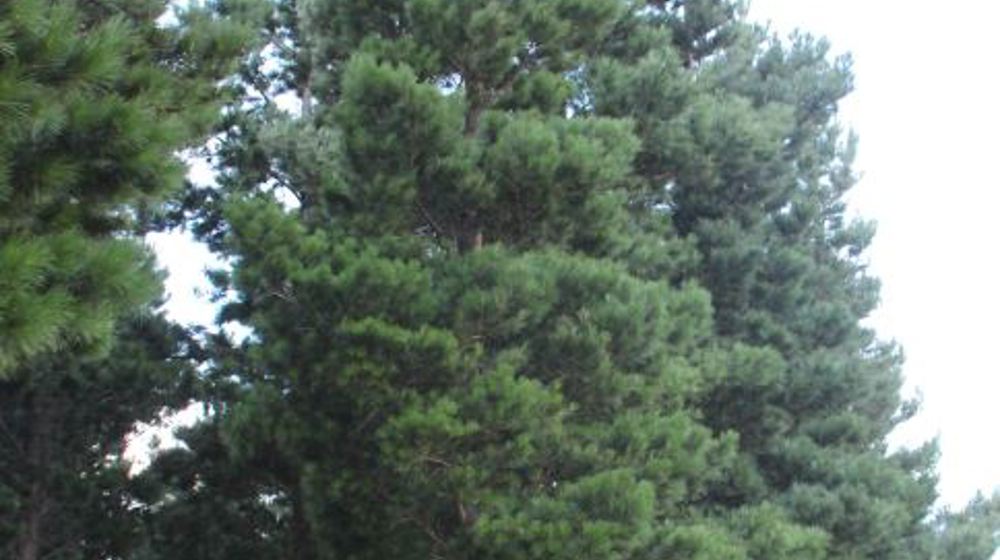-
-
-
-
-
-
-
-
Forestry
-
-
-
-
-
-
-
-
-
-
-
-
The forestry sector is important to Otago's economy. However, forestry can harm our environment, especially water quality.
There is over 125,000 ha of plantation forestry which supports forestry personnel or contractors, seed and nursery suppliers, downstream sawmilling and manufacturing industries plus the export ports at Port Chalmers and Bluff. A majorityof this area is in pine plantations.
The forest industry consists of large companies such as Ernslaw One, Wenita, City Forests , Rayonier Matariki Forests, and Port Blakely plus numerous smaller owners and farmers who have forestry blocks within their farms.
As well as contributing to the Otago economy, Forestry has been viewed as having a positive effect on the environment by capturing carbon, reducing erosion on hill country as well as having moderating effects on water flows and providing amenity and biodiversity values.
However, all forests must be well-managed to ensure any adverse effects on the environment are managed. For example, assessing wilding conifer risk, establishing setbacks from roads, dwellings and waterways, and managing harvests. Harvesting presents challenges such as sediment affecting water quality from clear felling and the roading networks created.
Our Water Plan and the National Environmental Standard for Commercial Forestry (NES-CF) are documents that regulate forestry activities in Otago, to protect our freshwater resources and ecology.

National Environmental Standards for Commercial Forestry (NES-CF)
The National Environmental Standards for Commercial Forestry (NES-CF) come into effect on 1 May 2018.

Water plans and policies
Water is the first priority of the Otago Regional Council. Our Regional plan and Land & Water Regional plan are two documents that we use to help develop rules and regulations which will help communities protect our water for generations to come.

Resource Management (National Environmental Standards for Commercial Forestry) Amendment Regulations 2023
Resource Management (National Environmental Standards for Commercial Forestry) Amendment Regulations 2023
Although harvesting only has a small impact over the life of a forest, its short-term impact can damage the environment and breach Water Plan and NES-CF rules.
- Sediment and debris can enter waterways during harvesting, which can damage aquatic habitat.
- Excessive woody debris can damage streams and reduce the amount of oxygen available.
- Heavy machinery can damage soils, vegetation, habitat, and stream banks and beds.
- Leaving unstable or older trees in riparian zones can be destructive if the tree roots lift and destroy the stream bank.
- Poor harvesting techniques, such as dragging logs through a waterway, can damage the bed and bank and release sediment into the water.
- Harvesting can cause soil erosion and sediment entering waterways.
The Ministry for Primary Industries (MPI) has developed resources to guide forestry activities. Most of the guidance from the older NES–PF is still relevant. Each activity guide explains the relevant NES-PF regulations, including:
- the activity definition – what is and isn’t covered by the NES-PF
- the conditions you must meet for that activity to be permitted
- how to determine whether you need resource consent
You can find more guidance on the MPI “Guidance for forestry activities" page here for:
- Afforestation
- Pruning and thinning-to-waste
- Earthworks
- River crossings
- Forestry quarrying
- Harvesting
- Mechanical land preparation
- Replanting
- Support activities:
- Slash trap activities
- Indigenous vegetation clearance
- Non-indigenous vegetation clearance
Your own forestry industry can be of help too.
Southern Environmental Working Group
Providing the forestry industry a chance to collaborate, share and learn alongside our regulators to improve our relationships.
NZ Farm Forestry association
A community of people that have been growing trees in New Zealand since 1957
NZ Forest Owners Association
Forest Practice Guides published to assist forest owners/managers and contractors to meet legislative requirements.
Our role is to make sure you adhere to the Resource Management Act 1991.
If the rules are broken and the environment is harmed, we have the options shown in the "Enforcement Process" flowchart.

The following activities might breach the water quality rules:
- Work that exposes soil, such as forest harvesting, site development earthworks, cultivation, or using sacrificial or fallow paddocks. These activities are prohibited unless sediment discharge is controlled.
- Working in waterways.
- Skid and slash pile failures (bird nests).
- Slash mobilised to waterways.
- Depositing and leaving slash in waterways.
For more information, please contact forestry@orc.govt.nz or ask for our Compliance Team on 0800 474 082.
